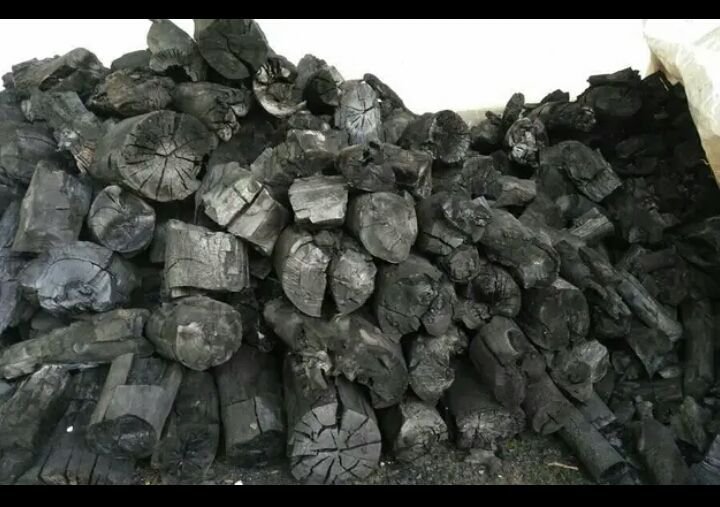Benefits of wood charcoal

Wood charcoal, also known as activated charcoal, is a versatile and sustainable material with a range of benefits that make it a valuable resource. Here are some of the key advantages of wood charcoal:
Environmentally friendly: Wood charcoal is produced by burning wood in the absence of oxygen, which results in a carbon-rich substance that can be used as a fuel. Unlike fossil fuels, which are finite and contribute to climate change, wood charcoal is a renewable energy source that has a much lower carbon footprint. Additionally, the production of wood charcoal can help manage forests and reduce the risk of wildfires.
Cooking: Wood charcoal is widely used for grilling and barbecuing because of its ability to generate high heat and add a distinctive smoky flavor to food. Unlike gas grills, which can emit harmful chemicals, wood charcoal is a clean-burning fuel that does not release harmful fumes into the air.
Filtering: Wood charcoal has a porous structure that makes it an effective adsorbent for impurities. As a result, it is commonly used in water filtration systems to remove pollutants, such as chlorine and heavy metals, from drinking water. This improves the taste and odor of the water, making it safer and more appealing to drink.
Industrial use: Wood charcoal is used in a variety of industrial applications due to its properties as a reducing agent. For example, it is used in the production of steel, aluminum, and other metals to remove impurities from the metal ores. It is also used as a fuel in a number of industrial processes, including sugar production, where it is burned to generate steam and electricity.
Soil improvement: Wood charcoal can be added to soil to improve its fertility and water-holding capacity. When added to soil, the porous structure of wood charcoal acts like a sponge, absorbing and retaining water and nutrients that plants can access as needed. This can improve soil health and support the growth of crops.
Air purification: Wood charcoal is highly effective at removing impurities from the air, making it an important component in air purification systems. It can adsorb volatile organic compounds, such as formaldehyde and benzene, which can have negative health effects if they accumulate in the air. By removing these impurities, wood charcoal can improve indoor air quality and protect the health of people who are exposed to it.
In conclusion, wood charcoal is a versatile and sustainable material with a wide range of benefits. Whether used for cooking, filtering, industrial processes, soil improvement, or air purification, wood charcoal is a valuable resource that can have a positive impact on the environment and human health.
Awesome post! !ALIVE ! PIZZA
You Are Alive so I just staked 0.1 $ALIVE(1/10)@pokweruchannel! to your account on behalf of @cryptopsycho21.
The tip has been paid for by the We Are Alive Tribe
 through the earnings on @alive.chat, feel free to swing by our daily chat any time you want.
through the earnings on @alive.chat, feel free to swing by our daily chat any time you want.
Thank you